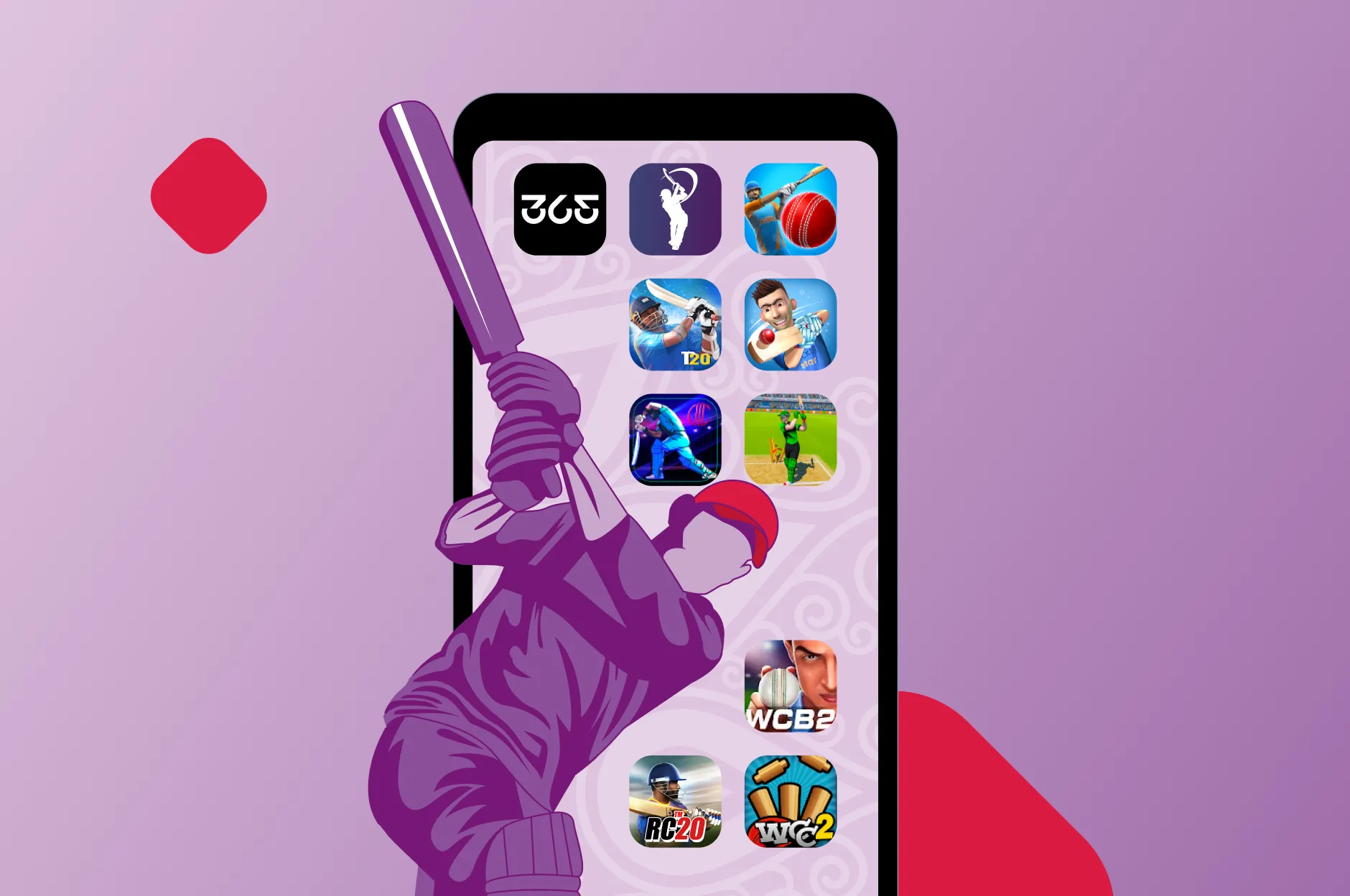

How to Get Age Ratings for Mobile Games: A Guide to International Rating Systems
To help parents choose age-appropriate games for their children, most platforms feature age ratings on their available games. As a developer, getting an age rating for your mobile game is a crucial step in not just releasing your title but also making sure it reaches its intended audience. Ratings for apps are largely based on the developer’s insights that are submitted to those systems. Sending in accurate information to the appropriate organizations is the responsibility of the app creator. Currently, there are approximately two dozen video game age rating systems exist worldwide. Apple’s App Store uses its own system while content ratings on Google Play are provided by the International Age Rating Coalition (IARC). With several rating systems and organizations around the world, it can be tricky trying to navigate through all of them. This quick and easy guide highlights various ratings boards and agencies and how to get your mobile game rated by the major app stores. Getting a Mobile Game Rated Apple App StoreAs mentioned earlier, the App Store has its own guidelines for ratings that are assigned globally. It is the responsibility of the developer to review the app’s content for any material that is not appropriate for younger users. During the app submission process, the developer will answer questions regarding age ratings in App Store Connect, the program used to submit and manage apps. They are also responsible for complying with local requirements in each territory where your app is available. If an app is misrated, users could report it which could lead to an inquiry from government regulators.Google PlaySince 2015, content ratings on Google Play have been provided by the IARC. Because the IARC works with rating systems in various countries, ratings on Android games will be based on the region the user is in. To receive a content rating, the app creator must fill out a rating questionnaire on the Play Console, Google Play’s equivalent to App Store Connect. The app will be assigned a content rating from multiple rating authorities based on your questionnaire responses. Like Apple’s process, it is important to provide an accurate assessment of the app’s content otherwise it is at risk of removal or suspension. International Rating Boards and AgenciesIARCThe International Age Rating Coalition has already been mentioned a few times in this guide but what exactly is it? IARC is an initiative that streamlines the rating process for video games by using centralized questionnaires to get ratings from authorities of different countries. The rating process is designed to be as quick and easy as possible. Once a developer completes the questionnaire, the ratings are issued immediately. Also, getting a rating through IARC is free of cost. It’s important to note that developers can only access the IARC system when submitting their game or app to any of the system's participating storefronts and not through IARC itself. Multiple storefronts and rating authorities participate in the IARC system including ones from North America, Europe, South Korea. ESRB — North AmericaThe Entertainment Software Rating Board is an American self-regulatory organization that assigns age and content ratings to consumer video games in North America. The three-part rating system includes Rating Categories to suggest age-appropriateness, Content Descriptors to indicate what type of content may have triggered the rating, and Interactive Elements, to advise about sharing the user’s location with other users, in-game purchases, user interactions, and unrestricted internet access. ESRB uses two different rating processes depending on whether a game is available physically or only digitally. Digital games are rated using a process developed by the IARC. Games and apps rated via the IARC process do not have Rating Summaries.

PEGI—EuropeThe Pan-European Game Information age rating system was launched in the spring of 2003 and replaced a number of national age rating systems with a single system now used throughout most of Europe, in more than 35 countries. To obtain a rating, the applicant must submit the game with supporting materials and completes a questionnaire, all of which are evaluated by an independent administrator called the Netherlands Institute for the Classification of Audiovisual Media (NICAM). Following the evaluation, the applicant will receive a license to use the rating logos. In 2013, PEGI co-founded the International Age Rating Coalition with USK and the ESRB.

USK—GermanyUnterhaltungssoftware Selbstkontrolle (Entertainment Software Self-Regulation) is the organization responsible for video game ratings in Germany. As previously mentioned, the USK co-founded the IARC and utilizes the system to rate mobile games. The USK has a reputation for taking a tougher stance on video games of more extreme nature. A number of high-profile games that feature extraordinary levels of gore and violence have been banned from public sale in Germany.

GRAC—KoreaThe Game Rating and Administration Committee is the South Korean video game content rating board. The government organization age and content ratings for all games including mobile that are manufactured or distributed in Korea. In 2017, the IARC entered into an agreement with GRAC. A representative from the organization said they hoped the collaborative work among rating authorities will help to establish a healthy game entertainment culture in Korea.

More Rating Systems With so many to keep track of, we’ve put together a list of additional rating systems from several countries with links to help you find more information. While this doesn’t cover every authority out there, it is important to conduct frequent research on individual countries’ rating agencies in case there are any changes to policies. Australian Classification Board —AustraliaClassificação Indicativa (ClassInd)—BrazilNational Audiovisual Institute— FinlandIndonesian Game Rating System (IGRS)—IndonesiaEntertainment Software Rating Association— IranComputer Entertainment Rating Organization—JapanGeneral Commission for Audiovisual Media —Saudi ArabiaInfocomm Media Development Authority— SingaporeGame Software Rating Regulations — TaiwanNational Media Council — United Arab Emirates






.jpg)

